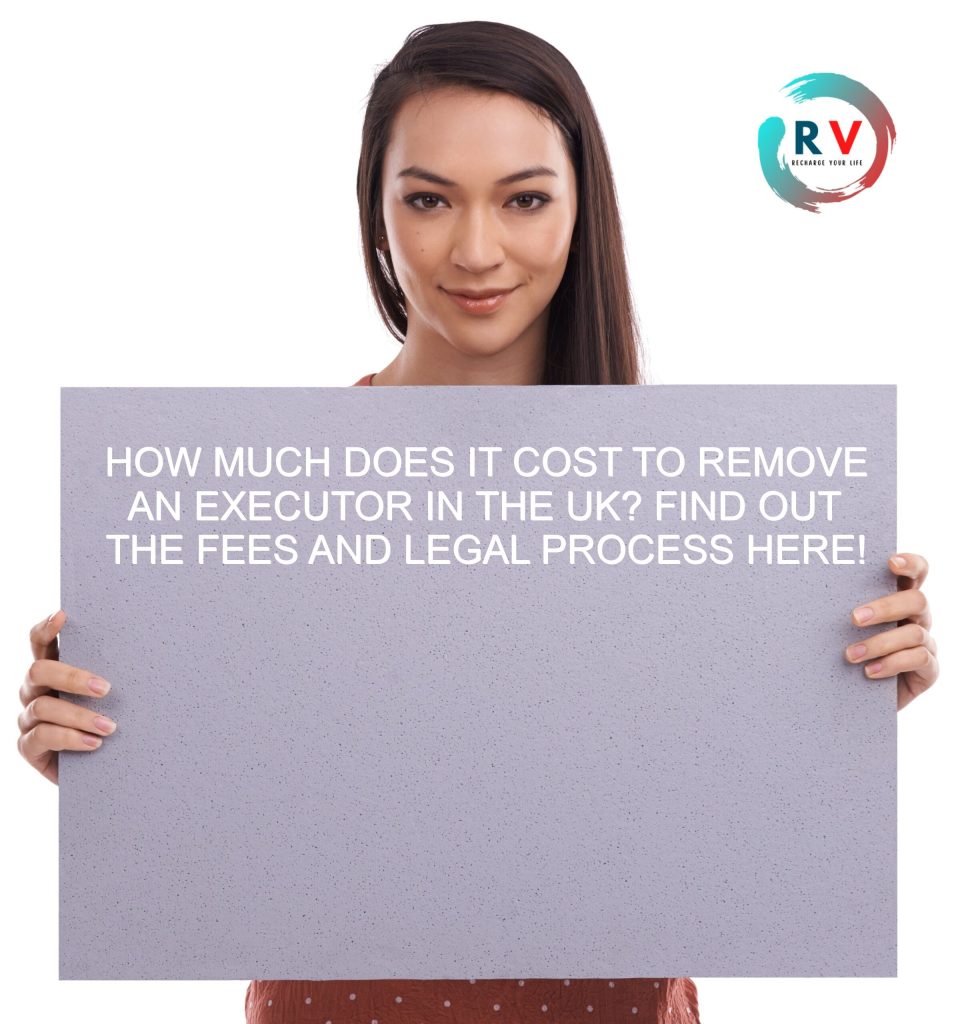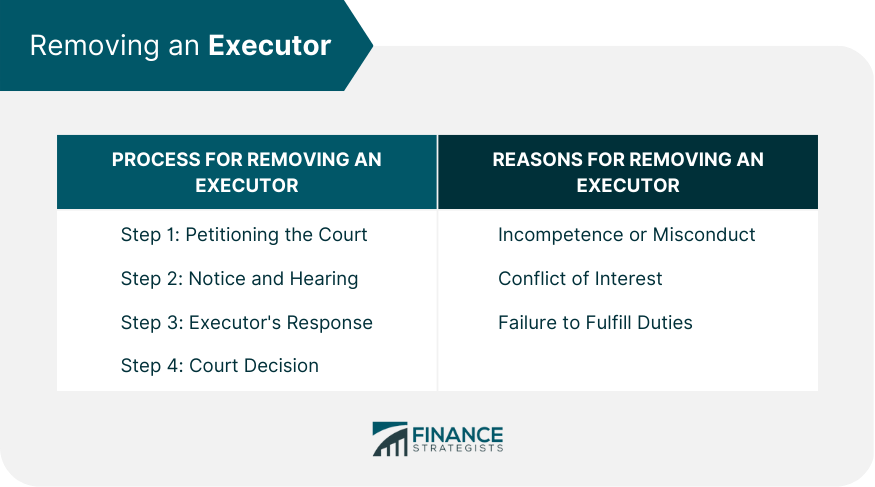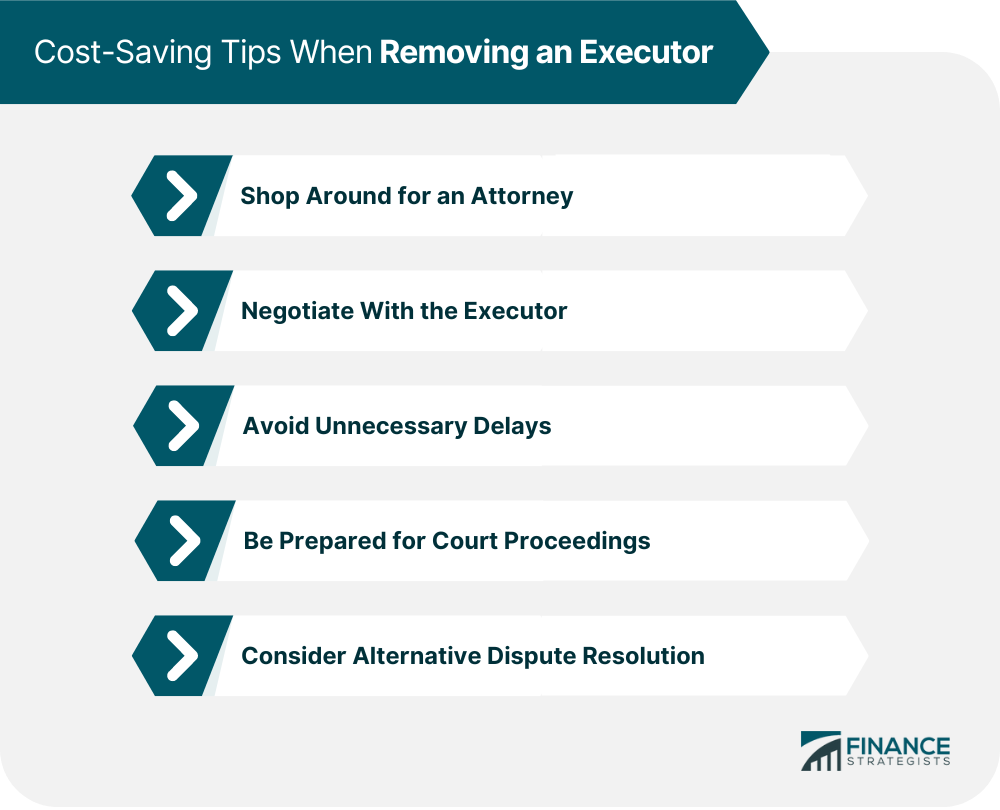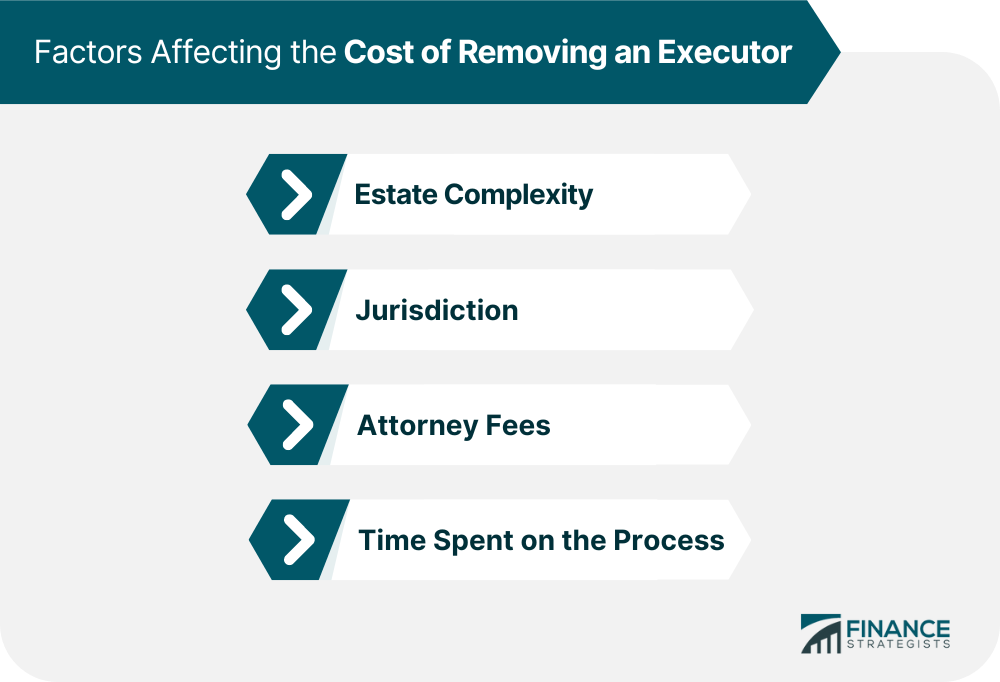Contents
Are you facing complications with the executor of an estate and unsure of the costs involved in removing them? Look no further than “How to Calculate the Cost of Removing an Executor”. This comprehensive guide provides you with all the necessary information to navigate the financial aspects of this process. By outlining the potential expenses and fees associated with executor removal, you can make informed decisions and ensure a smooth transition in executing the estate.
How to Calculate the Cost of Removing an Executor
As you navigate the complex legal process of administering an estate, you may find yourself considering the removal of an executor. Whether you’re a beneficiary or another interested party, it’s important to understand the potential costs involved in the removal process. This article will guide you through the various factors that can impact the cost of removing an executor, including legal fees, executor compensation, executor liabilities, mediation costs, and other expenses.

Legal Fees
One of the primary costs associated with removing an executor is legal fees. Hiring an attorney who specializes in estate and probate law is essential to ensure that the removal process is handled properly. The fees for hiring an attorney can vary depending on several factors, such as the complexity of the case, the attorney’s experience, and your location.
Hiring an Attorney
When seeking to remove an executor, it is crucial to enlist the services of a qualified attorney. A skilled attorney will guide you through the legal process, assess the situation, and help you build a strong case for removal. While attorney fees can be significant, the expertise and guidance they provide can ultimately save you time, money, and stress.
Court Costs
In addition to attorney fees, court costs may also factor into the overall cost of removing an executor. These costs typically include filing fees, service fees, and other administrative expenses incurred during the legal proceedings. The amount of court costs varies by jurisdiction, so be sure to consult with your attorney for an accurate estimate.
Executor Compensation
When an executor is initially appointed, they are entitled to reasonable compensation for their services. However, if the executor is removed due to misconduct or other valid reasons, their compensation may be at risk.

Reviewing the Will or Trust
As part of the removal process, a thorough review of the will or trust is necessary. Your attorney will carefully examine the document to identify any grounds for removal and determine the impact on the executor’s compensation.
Gathering Assets and Distributing Them
Executors are responsible for gathering and managing the assets of the estate, as well as distributing them to the rightful beneficiaries. If an executor fails to fulfill these duties, their compensation may be impacted when removal proceedings take place.

Preparing Tax Returns
One of the executor’s key responsibilities is to prepare and file any necessary tax returns on behalf of the estate. If an executor neglects or mishandles this obligation, it could affect their compensation as well as contribute to the overall cost of removing them.
Executor’s Liabilities
The conduct of an executor, if found to be in breach of their fiduciary duty or misappropriating assets, can lead to their removal and potential financial liabilities.

Breach of Fiduciary Duty
An executor is tasked with acting in the best interest of the estate and its beneficiaries. If they breach this duty through negligence, self-dealing, or conflicts of interest, their removal may be warranted. The associated legal costs and potential restitution required can significantly impact the overall cost of removing them.
Misappropriation of Assets
If an executor is found to have misappropriated assets, such as stealing or improperly using estate funds, the financial consequences can be severe. In addition to the potential legal fees, the executor may be required to repay the estate for the misappropriated funds, further adding to the cost of removal.

Mediation Costs
In some cases, mediation may be a viable option to resolve executor disputes without the need for a full-blown court proceeding. Mediation costs typically include fees for the mediator’s services, as well as any associated administrative expenses. While mediation can be a more cost-effective alternative to litigation, it is essential to consider this potential cost when calculating the overall cost of removing an executor.
Other Expenses
In addition to the aforementioned costs, there may be various other expenses associated with removing an executor. These can include conducting investigations, hiring expert witnesses, document production, and travel expenses if the case requires appearances in multiple jurisdictions.
In conclusion, the cost of removing an executor can vary significantly depending on the specific circumstances of the case. Legal fees, including the hiring of an attorney and court costs, can be substantial. Executor compensation may also be at risk if removal is warranted due to misconduct or failure to fulfill their duties. Liabilities stemming from breaches of fiduciary duty or misappropriation of assets can further contribute to the overall cost. It’s important to consult with an experienced attorney to understand your rights, obligations, and potential costs associated with removing an executor.










